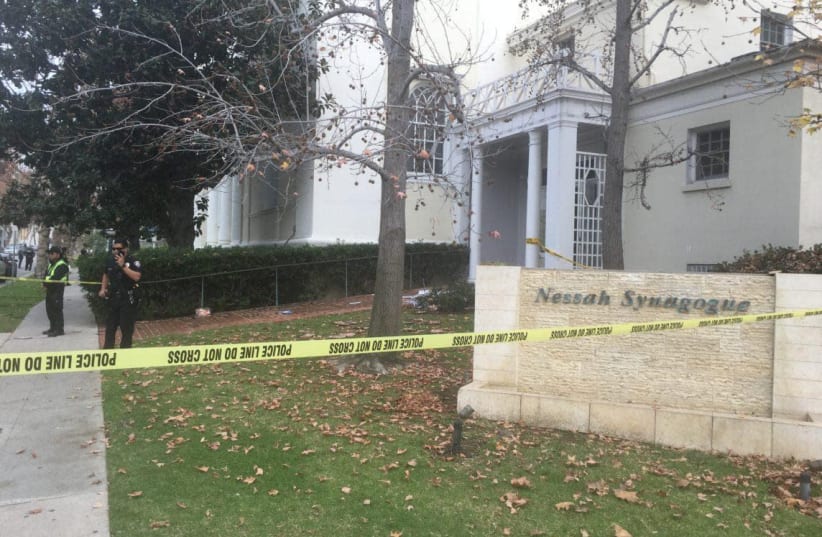'Our worst nightmare': Vandalism at Persian synagogue stuns congregation
The vandalism stunned congregants who said they never thought the antisemitic graffiti and intolerance they saw happening at other temples and schools would reach their doorstep.
